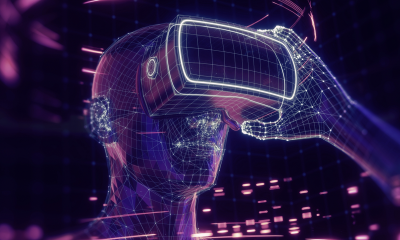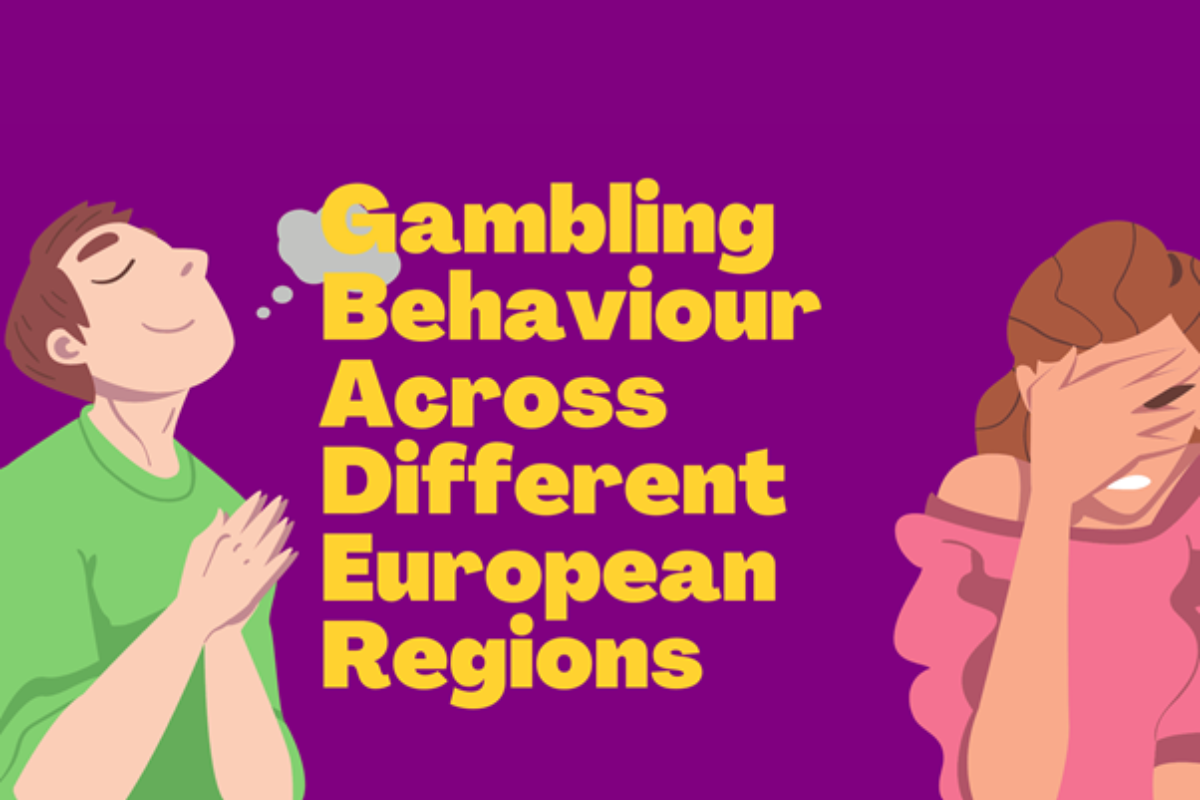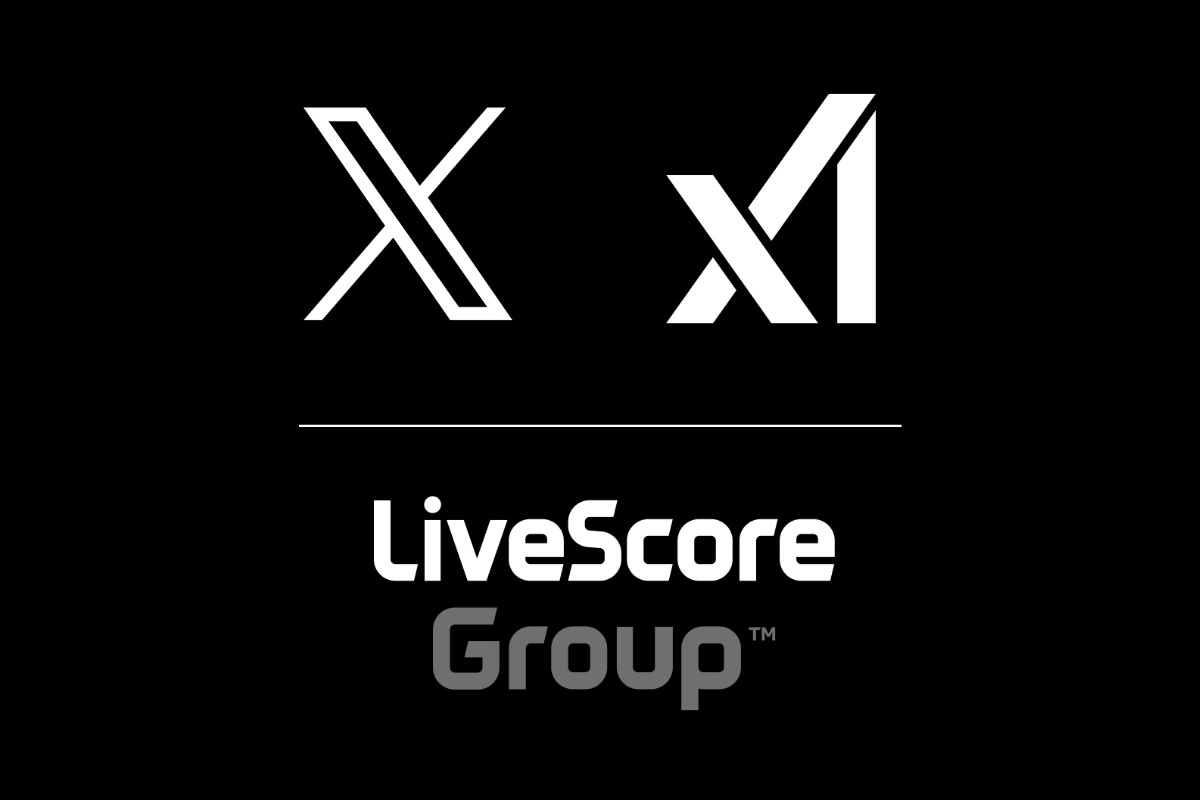Gaming
Five AI tools every game developer should have in their toolbelt
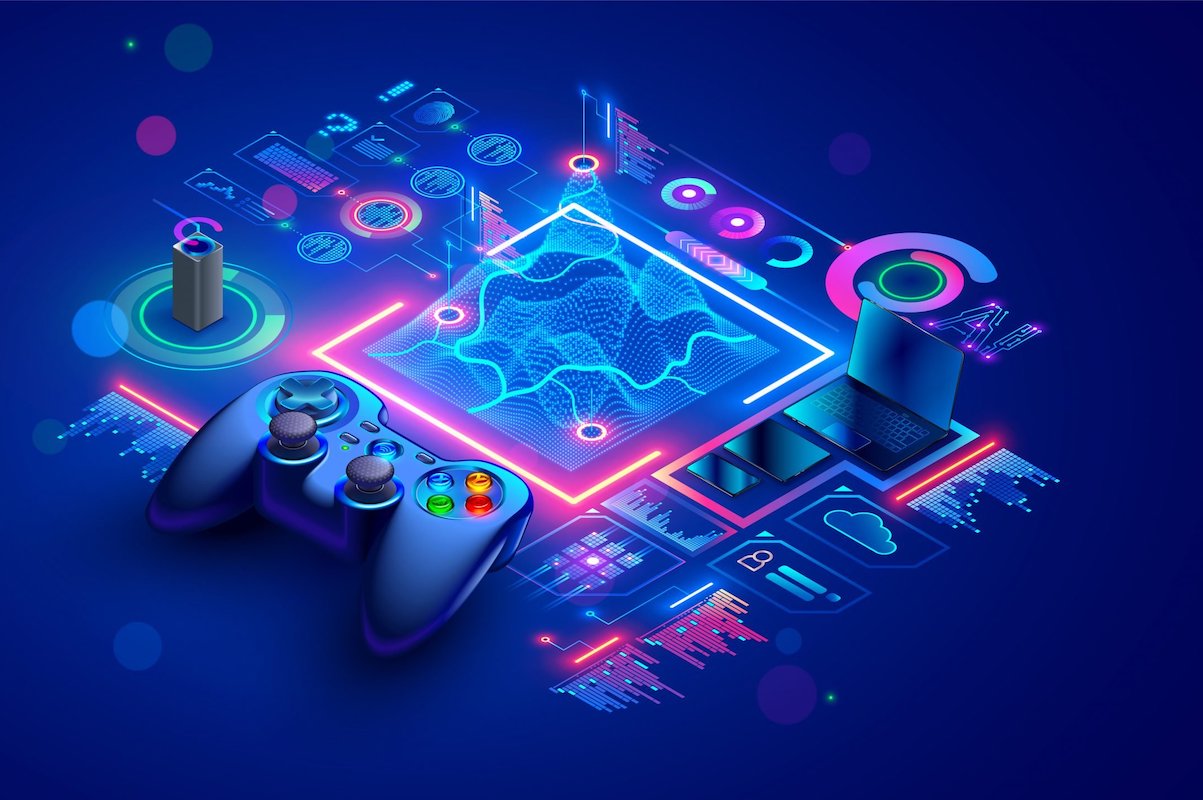
Gabriella Barros, AI Researcher at modl.ai, and Ricardo Sissnet, Lead Engineer at modl.ai
The games industry is no stranger to Artificial Intelligence (AI) in video games. Anyone that’s played a game populated by NPCs or multiplayer games with bots will know that the quality of the AI that defines how they interact with players can be hugely variable. Done well, AI-controlled characters help a game to be more cohesive and engaging.
That’s why research into game AI is an ongoing focus for so many studios, with bigger companies such as Sony exploring advanced AI techniques like reinforcement learning, which has the potential to create the most advanced form of NPCs to be a player’s friend or foe, depending on how they play.
But AI’s capabilities don’t stop there. AI is also changing the way games are developed, adding much greater realism to in-game characters, gaming experience and creating autonomous online bots that are near-indistinguishable from human players.
Electronic Arts is currently developing systems that use machine learning to replicate facial expressions, skin types and body movements from video and photos. In theory, this means that actors would no longer have to come into a mo-cap studio and there would be a greater range of genders and ethnicities produced in games.
With so much happening in this space, we’ve compiled a list of five AI tools every game developer should have at hand to make their lives easier.
Content Generation
One of the most time-consuming processes a developer will have to deal with is content generation, especially in puzzle games where there is a high demand for new levels. But AI technology can help here, using a method known as Procedural Content Generation (PCG), which creates content algorithmically. AI can be used to generate tens or hundreds of variations ready to be reviewed and selected. If the AI is being used for level generation, it’s even possible to use AI bots to play the levels and score them for difficulty or the time it takes to complete them.
PCG allows for quicker content creation and provides developers with more time for creative experimentation. The AI can easily do the heavy lifting, but human input is still crucial to launching a polished product, which is where the developer’s skill comes in.
Testing
Unlike mobile apps or web pages, games are one of the hardest forms of software to test due to their sheer variation, the near-infinite number of states a game can have, its custom interaction models, and constant updates.
Games are still mainly tested by humans, which means it can be a lengthy and expensive process. While big studios have the budget to create dedicated teams that focus solely on game testing, smaller developers mostly rely on their network of friends, coworkers and fans. But what happens when they are unable to test every aspect of the game? That is where AI and machine learning steps in.
Testing in video games is complex due to the number of split-second choices a player can make and the outcomes those choices have. In addition, there are interactions with other human and non-human players that are also non-deterministically playing the game, which further complicates things.
The advantage of using AI bots for your playtesting is that they can test quickly, constantly and methodically. For example, bots can be used to test for things like object clipping by running all the possible moves and interactions on a level far faster than a human player..
Cheat Detection
Cheating turns players off multiplayer gaming, even if they are not directly affected. For players striving to be the best, it’s all too easy to turn to cheat tools that bestow superhero-like powers in the game. Cheating tools range from simple aimbots that assist with aiming and shooting in FPS games like CounterStrike to mining bots in MMOs that control a player’s character and essentially play for them.
Developers can combat the use of cheats with machine learning and behaviour-based detection AI. By collecting data on a player’s behavioural patterns, such as how a player moves the controller or how fast a player reacts, AI can recognise when an action goes beyond normal human behaviour.
While there are plenty of other products that are able to detect cheaters, the advantage of a machine learning system is that it’s continuously learning and adapting itself to fit the game – making it harder for players to fool. This means that developers can employ updates and patches to the game without having to reprogram the AI.
Content Moderation
Online toxicity has become a growing problem as more and more games are built around persistent online worlds with thousands of concurrent players. There are times that a small number of players spoil the experience for the majority. However, AI is a great ally for developers looking to curb such behaviours and safeguard their players.
There are different approaches to moderating game chat. The most common is to use lists of banned words and phrases, which can be used to block posts that use them. The problem here is that gamers can get around moderation by changing letters to numbers or using slang phrases.
A better approach is to use an AI model that can consider the context of the text so that even if a player is being clever with the spelling of a word, it will still be flagged due to its context and intent. This kind of AI is relatively recent, with only a handful of experts working in this field. But, with no signs that toxic behaviours are declining and the number of people playing games increasing, this is a field that will continue to need expert solutions.
Whilst, AI can capture the bulk of comments before they are posted, human moderators are still required as the ultimate arbiters of what content is permissible. But working as a team, human moderators and AI moderation can together ensure that games are a safe space for all players.
AI Player Stand-Ins
The big attraction of online games is the ability to interact and team up with other players. However, there are not always enough human players to fill in the empty seats; that’s where bots come in.
Bots can act as a reasonable stand-in for human players, with a sophisticated range of behaviours. But it’s still pretty obvious to most when you are playing alongside a bot rather than a real person
One way to address this is to use AI to introduce more variables into the behaviour of the bots. This can give a much more realistic impression of unpredictability, and reproduce things like the risk-taking that you often encounter with human players.
While the combination of techniques used to create effective AI-based bots is fairly new, when done correctly it can create dynamic, adaptive and very human-like bots that add an extra dimension to online play.
AI tools are there to help developers
Developers are faced with an immense amount of challenges to develop great games very quickly, but thanks to the latest AI-based tools, there are powerful solutions to some of the most resource-hungry aspects of the development process.
That is why AI is increasingly becoming an essential addition to the game development process, providing developers with the tools, and the insight, to address any issue that arises. Which, in turn, allows them to unload tedious tasks and concentrate on creative output.
About modl.ai
Headquartered in Denmark, modl.ai is a team of game developers, engineers and AI experts working together to create AI-driven tools for building better games. Its AI-based tools allow developers to rapidly create and test games and understand their players. modl.ai’s unique technology is designed to accelerate the game development process, automating repetitive and time-intensive tasks and helping developers to enhance and increase player engagement.
modl.ai was founded in 2018 by Christoffer Holmgård, Benedikte Mikkelsen, Lars Henriksen, Sebastian Risi, Georgios N. Yannakakis, and Julian Togelius, who between them have been involved in the launch of more than 30 games and have more than 28,000 citations in technical literature covering AI and game design. In 2019 the company successfully secured seed funding from a number of investors led by PreSeed Ventures, Denmark’s largest and most successful early-stage investor, joined by Saltagen Ventures and Propagator Ventures.
-

 Asia6 days ago
Asia6 days agoDigital gaming disruption tackled in 1st AsPac Regulators’ Forum
-

 Africa6 days ago
Africa6 days agoBetKing Renews Ikorodu City FC Partnership for 2025/26 NPFL Season
-

 Compliance Updates6 days ago
Compliance Updates6 days agoKongebonus statement: Norway’s election result signals gambling policy continuity, but licensing debate is set to intensify
-
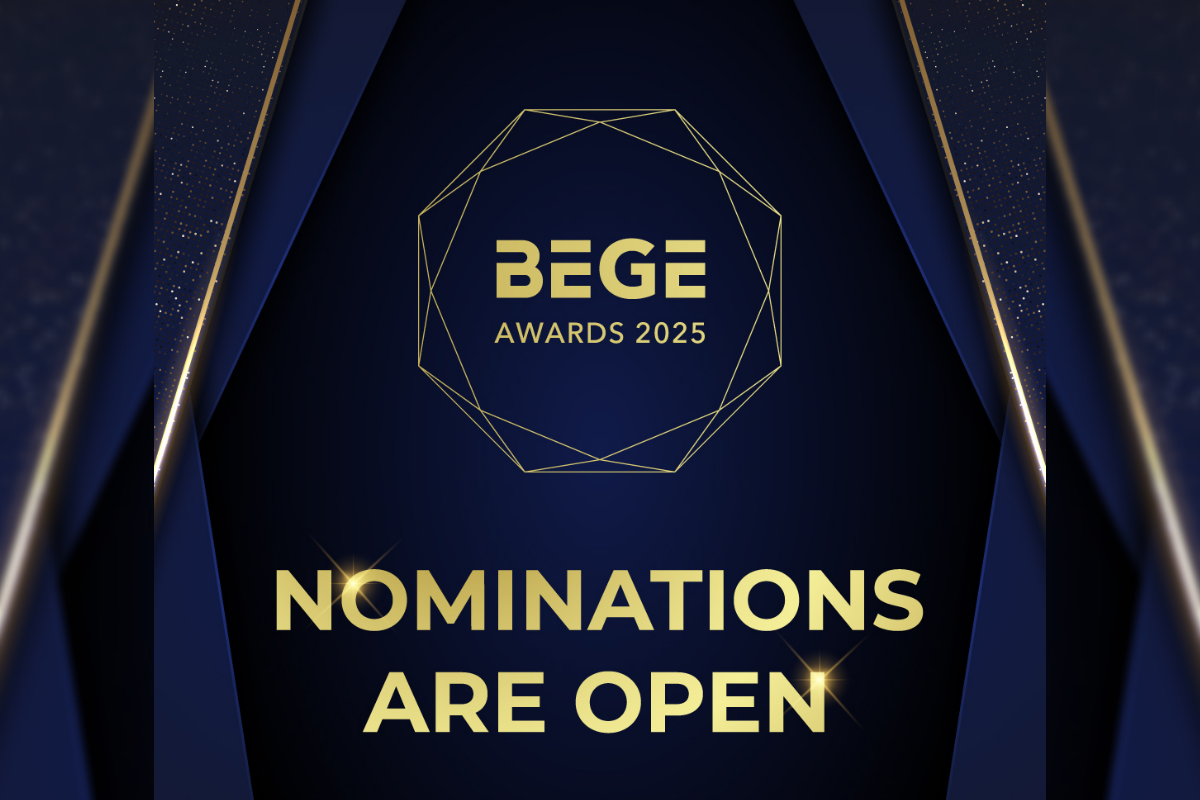
 Balkans6 days ago
Balkans6 days agoBEGE Awards Nominations Now Open – Celebrating 16 Years of Industry Excellence!
-
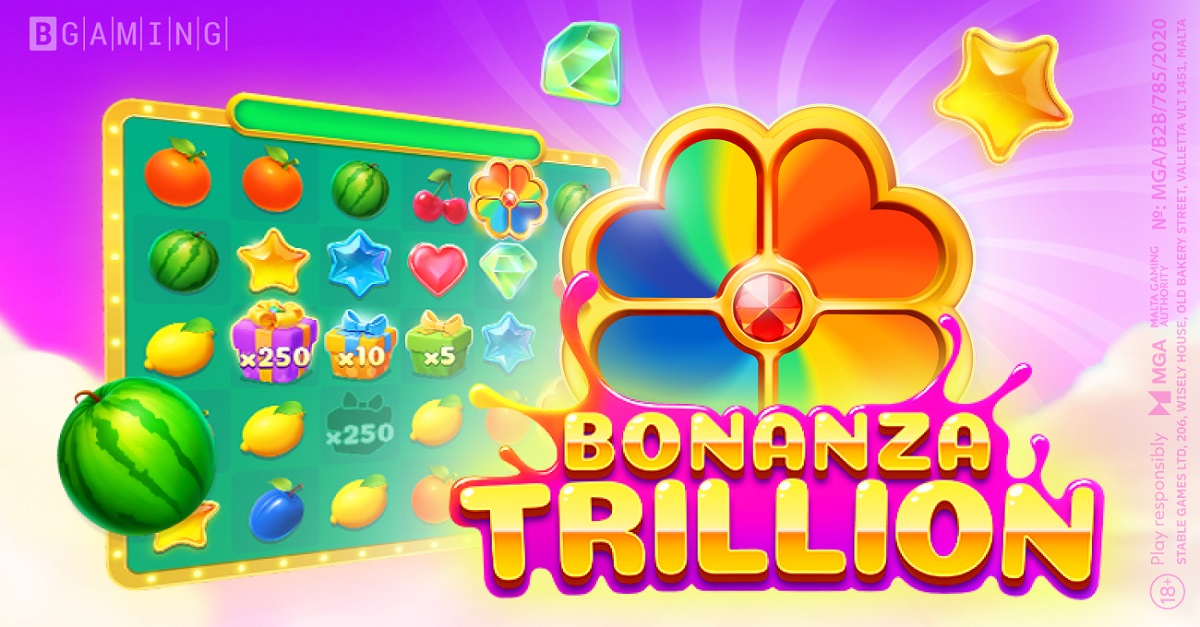
 Latest News6 days ago
Latest News6 days agoWin a Fruity Fortune in BGaming’s Bonanza Trillion
-
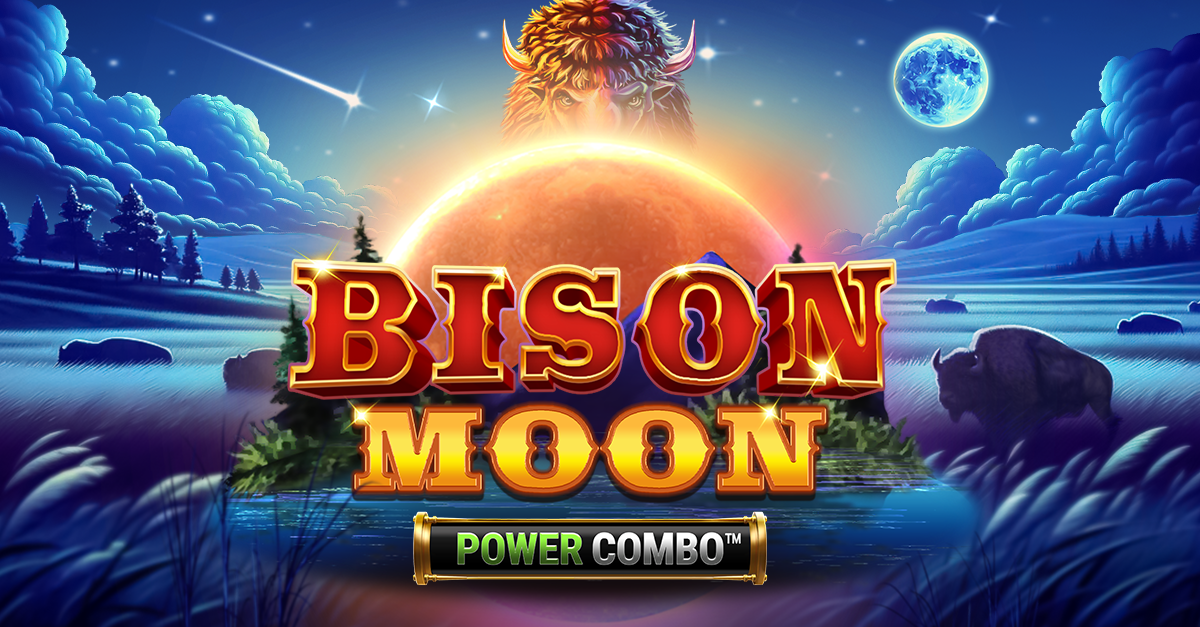
 Latest News6 days ago
Latest News6 days agoSaddle up for big wins under the Bison Moon with the latest slot from Northern Lights Gaming
-
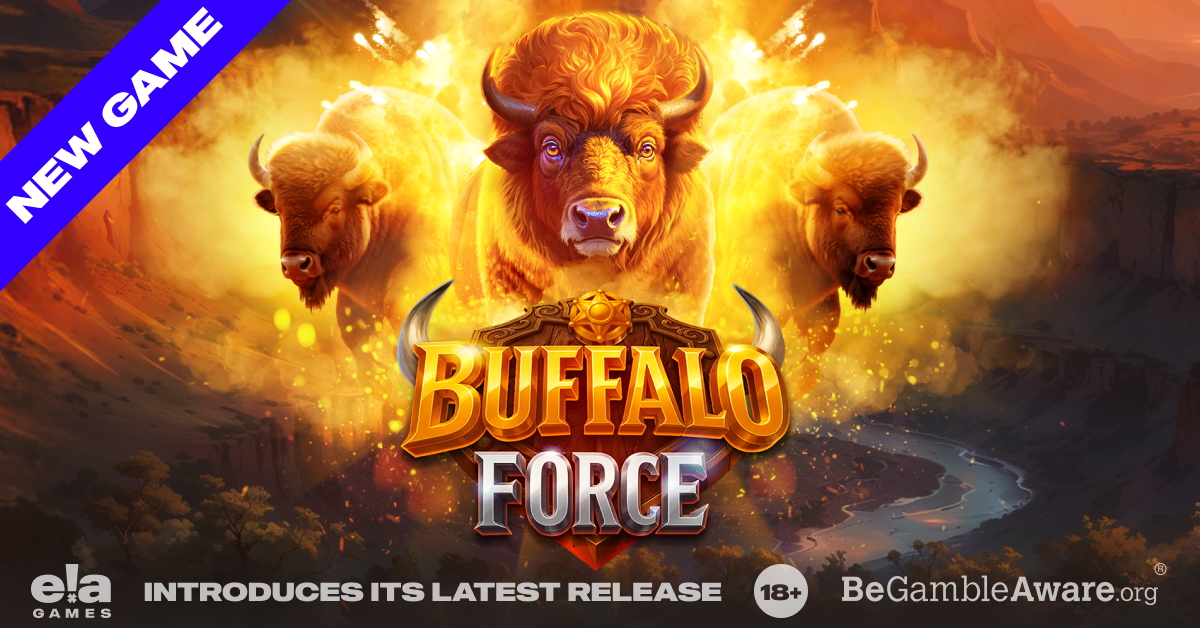
 Latest News6 days ago
Latest News6 days agoAnswer the Call of the Wild: ELA Games Unveils Its Latest Game “Buffalo Force”
-
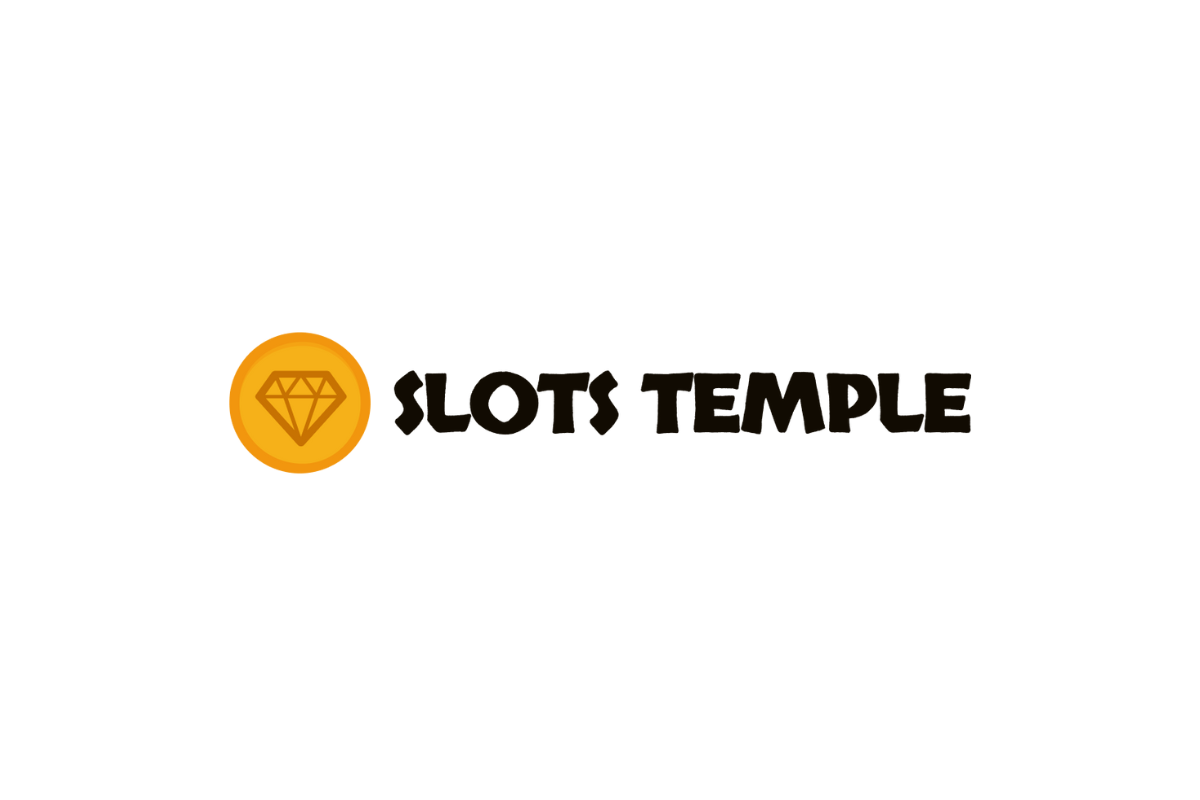
 Latest News6 days ago
Latest News6 days agoSlots Temple Announces Exclusive Free-to-Play Tournament Partnership with Pragmatic Play






